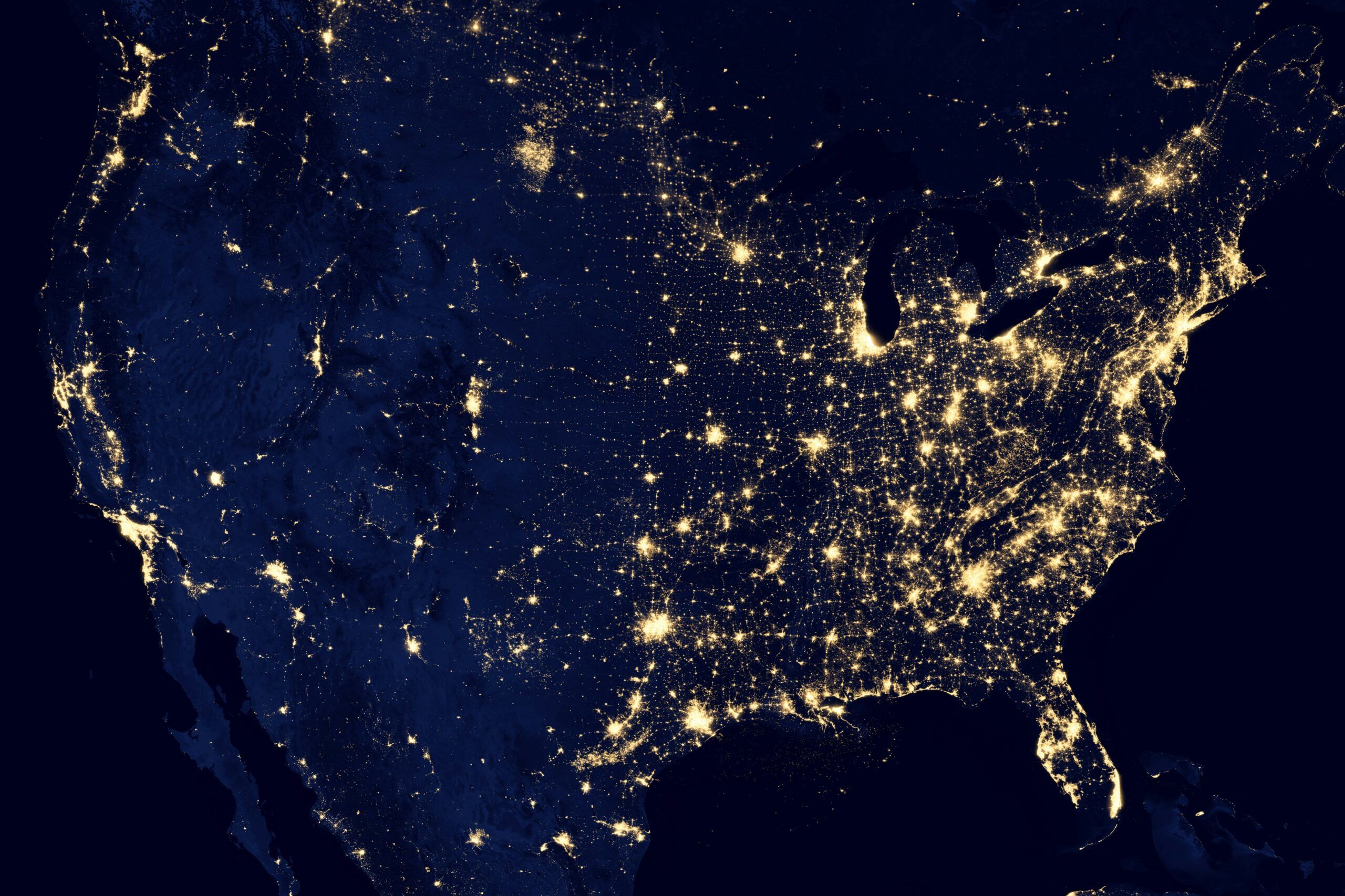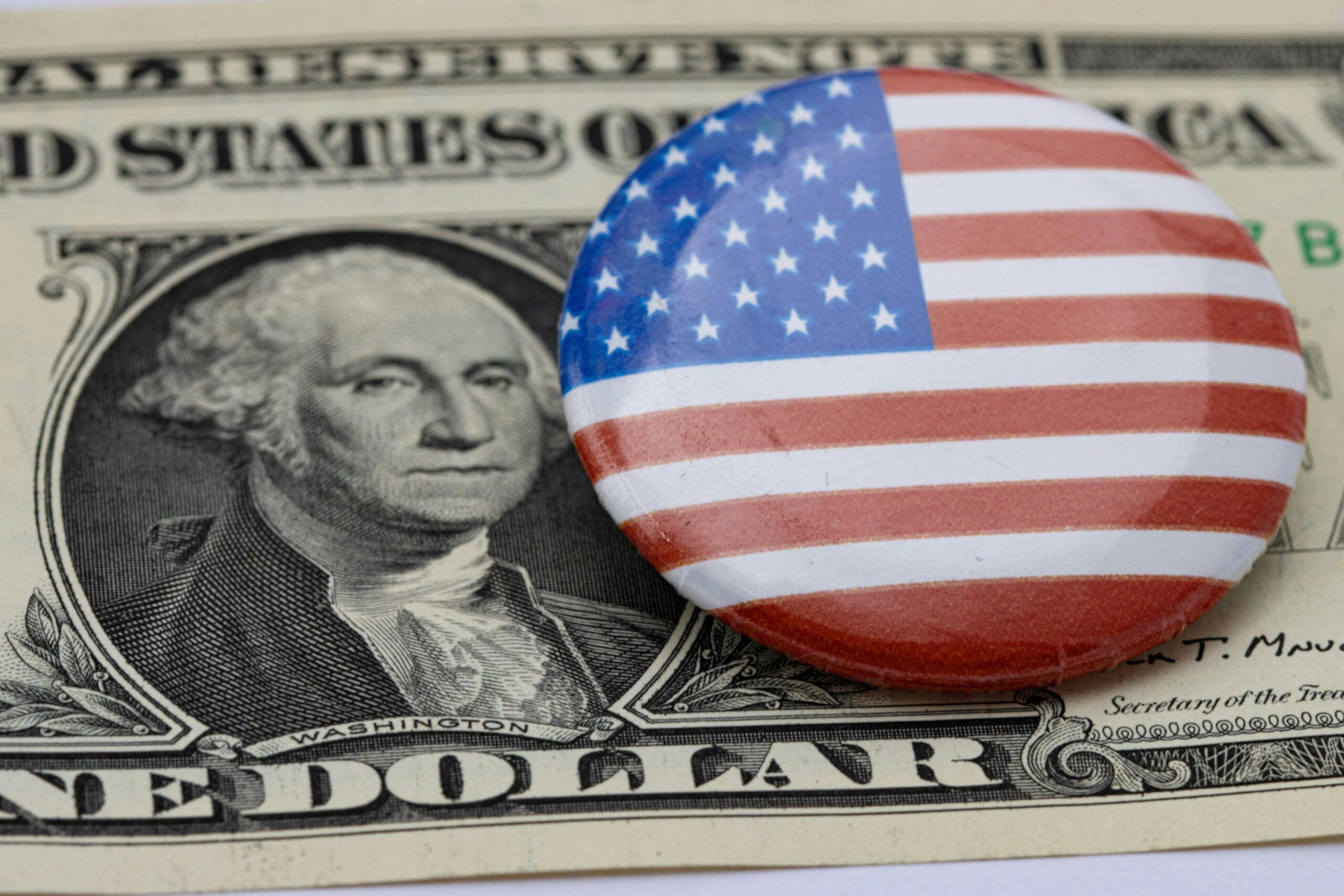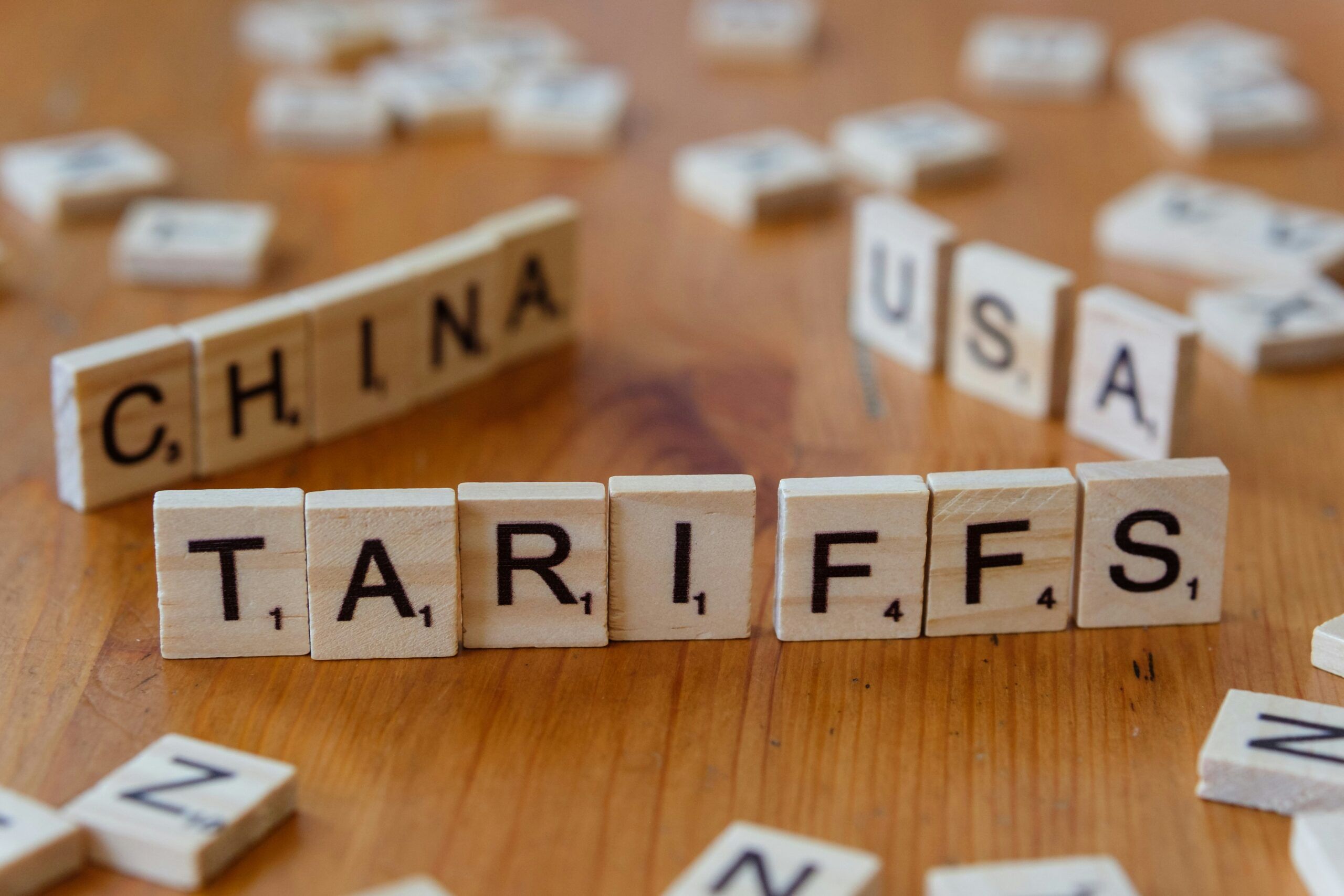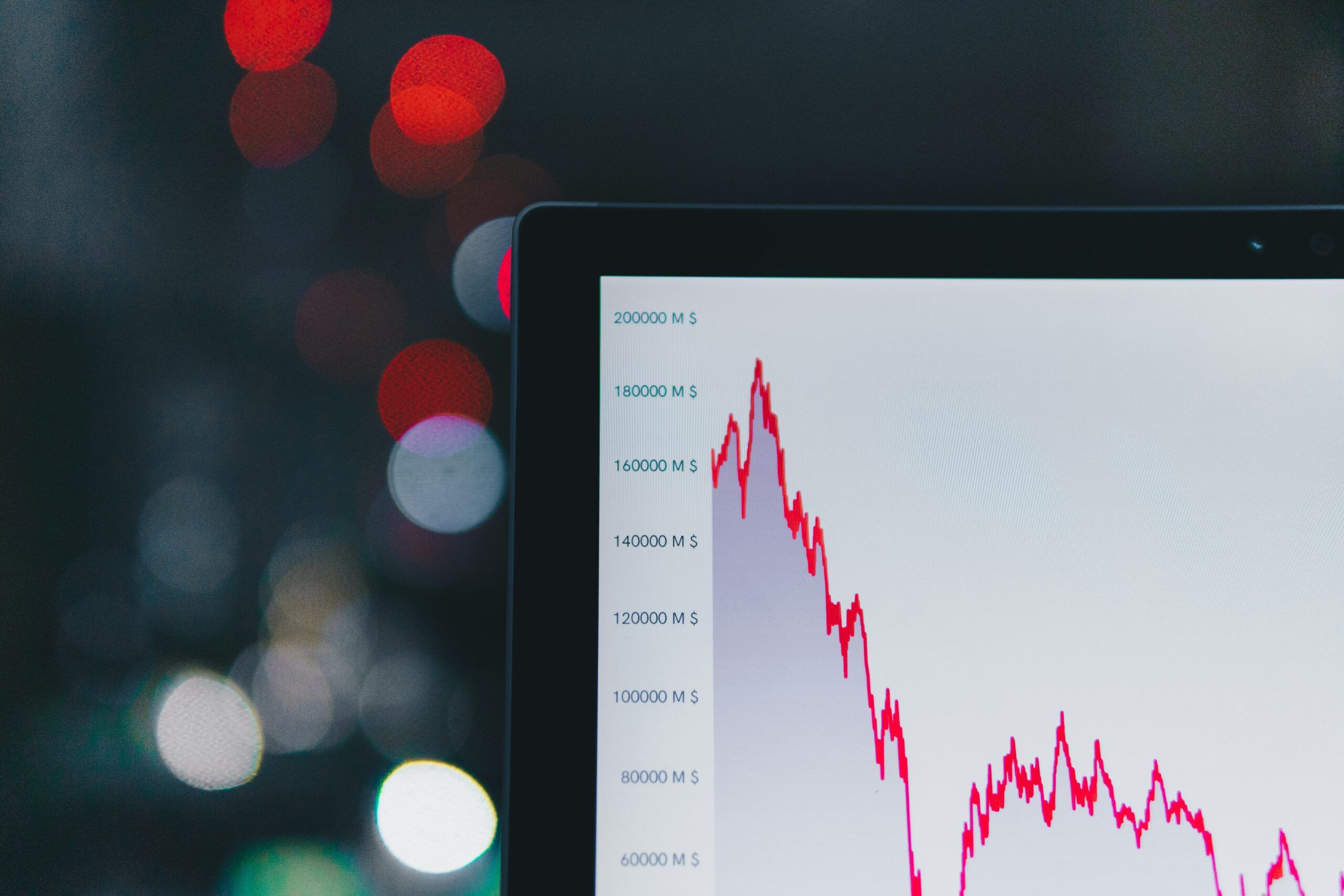Wednesday, 2nd April 2025 (or liberation day as per President Trump), is a day that will stand out in history, as Donald Trump announced a sweeping across the board 10% tariff on all imports of goods into the United States. He further announced reciprocal tariffs of 20% and rising on countries he feels has cheated America, by which he means those countries with massive trade surpluses with the U.S. and also those who already add big tariffs to American imports. President Trump had already separately announced a tariff of 25% on all global car, truck and auto accessories starting on 3rd May 2025, and a 25% tariff on all aluminium and steel products. Experts advise that these levies/tariffs/taxes are the biggest increases since 1968.
Global markets from tech to banking have been left reeling as President Trump through his tariffs attempts to rearrange global trading and the current economic order. However, thanks to tariffs, U.S. equities have taken a beating with the three major stock indexes plunging in excess of 5%, the biggest of which was the S&P 500, which crashed by almost 6%. This was the steepest fall since 2020, and elsewhere in the United Kingdom the FTSE 100 fell by just under 5%, marking its steepest fall since 2020, with similar falls being recorded in France and Germany. The global stock market has, since Trump announced an across the board tariff of 10% on every country, lost literally trillions of dollars in value, however China, the EU (European Union) and Vietnam are all facing higher tariffs on their exports to the U.S..
On Friday, 4th April 2025, China announced a 34% tariff on products from the U.S. whilst at the same time lowering exports of essential minerals plus adding a number of American companies to their blacklist and accusing Donald Trump of violating international trade rules. The EU announced through their trade commissioner that they are still looking for meaningful discussions in the hope of reducing their across the board 20% tariff, though he promised if talks failed the EU would defend themselves. The largest EU economy is Germany and with a separate tariff of 25% on the imports of cars into the U.S. and a 20% across the board tariff on all imports into the U.S., the German economy will, according to experts, take a hit in a drop in GDP of 1.5% equivalent to a loss of Euros 200 Billion over the tenure of President Trump.
The President of the EU, Ursula von der Leyen, has vowed to retaliate and condemned President Trump and went on to say that tariffs will have dire consequences for all consumer and businesses on a global basis that have enjoyed trading with the U.S. since World War II and added, “We are already finalising a first package of countermeasures in response to tariffs on steel”. The EU is of course still open to negotiations, but Ursula von der Leyen is in no mood to lie down and be trodden on. She has already announced that the EU has everything it needs to survive and survive it will. Tough talk from a tough President who will meet Donald Trump head on, so unless negotiations are successful, a full-out trade war between the U.S. is certainly on the cards and could go global.
In the United States, many experts and analysts agree that the new tariffs will push the American economy into recession, an economy which is currently losing momentum, with the result of increasing prices due to tariffs being passed on to the consumer. Analysts further advised that the tariffs could well push the American economy into a recession and have a negative effect on inflation, reversing the current downward trend. Indeed, the US Dollar shortly after the tariff announcements fell by 1.7% against a basket of European trading partners’ currencies which according to market experts reflect concern regarding growth in the economy. Some experts have warned that core inflation (excludes food and energy prices) could go as high as 4% (3.1% as of end of February 2025), unemployment to rise (despite current hiring figures showing an increase) and real GDP to decline.
In the long run, experts suggest that Trump may get his financial rewards from tariffs but his “allies” who he has hit with punitive tariffs may well look elsewhere for new trading partners, with China being the ultimate beneficiary which may well benefit BRICS* as well. Indeed, BRICS is now a major political force looking to be a counterweight to western influence with its current members accounting for just over 25% of the global economy and almost half the world’s population. There has been a lot of internal division within the BRICS organisation, with Russia leading the way over their unlawful invasion of Ukraine, however tariffs may bring them together in such a way that the allies who Trump has hit with punitive tariffs may well look to increase trade with these countries. Whilst the America First slogan is banged consistently by the U.S. administration, some of the poorest nations in Africa have been hit with punitive tariffs, with Lesotho being a prime example at a massive 50% tariff. It is no secret that BRICS want what they call the southern nations to come under their umbrella (Africa and South America) and again these tariffs could drive these nations into the arms of BRICS. Geopolitically, tariffs may be the current U.S. administration’s biggest mistake.
*BRICS – is an intergovernmental organisation consisting of ten countries, Brazil, Russia, India, China, South Africa, Egypt, Ethiopia, Indonesia, Iran, and the United Arab Emirates. The founding countries were Brazil, Russia, Indonesia, and China forming BRIC with South Africa joining at a later date to form BRICS. There are a slew of countries waiting approval of membership from BRICS including Saudi Arabia who have been approved but have delayed joining.
In the United Kingdom, experts advise tariffs will hit key manufacturing sectors and will undermine the positive growth, albeit fragile, predictions of the Labour government. Many businesses are already facing rising costs due to the Chancellors’ budget and tariffs will, according to some analysts, place negative pressure on demand and weaken supply chains. The Director of the British Chamber of Commerce was heard to say that “Orders will drop, prices will rise, and global economic demand will be weaker as a result”. Prime Minister, Keir Starmer, advised he is still hopeful that negotiations will reduce the 10% tariff, however he has begun the process of consultation with regard to retaliatory tariffs should negotiations fail. Across the Irish Sea, Northern Ireland ministers announced they feel trapped as despite the 10% tariff on the United Kingdom, if the EU announces retaliatory tariffs N. Ireland could face the higher EU tariff on any U.S. imports entering from Britain under the post-Brexit deal* between the United Kingdom and the EU.
*The Northern Ireland Protocol – is intended to protect the EU single market while avoiding the imposition of a “Harder Border” that might incite the recurrence of conflict and destabilise the relative peace that has held since the end of the troubles.
In Asia, the APAC* region was hit with tariffs between 10% and 49% with the higher rates being targeted at those countries’ lower value-added items such as textiles, garments, furniture, and footwear. Vietnam (apart from China) is currently enjoying the largest trade deficit with the U.S. (USD 123.5 Billion), got hit with 46% tariff, whilst Cambodia got hit with a 49% tariff (trade deficit USD 12.13 Billion) Sri Lanka saw a 44% tariff (trade deficit USD 2.65 Billion), Bangladesh was given a 37% tariff (trade deficit USD 2.6 Billion) with larger economies in the region slightly better off with Singapore being hit with the minimum of 10% tariffs. Experts suggest that Asian currencies may face depreciation pressure as financial markets could turn risk averse affecting FII (Foreign Institutional Investor) inflow.
*APAC – stands for Asia Pacific Region and is a broad geographical region encompassing countries and territories in or near the Western Pacific Ocean. This region typically includes East Asia, South Asia, South East Asia, and Oceania (Australia, New Zealand, and surrounding islands).
In typical Trump fashion, in one fell swoop global trading has been turned on its head, geopolitics may never be the same again and markets will remain volatile for some time to come. Experts suggest it may take weeks or in some cases months to assess the fall-out from President Trump’s tariffs. President Trump may well have destroyed smaller more vulnerable economies, destroying the lives of that country’s population at the same time. However, in breaking news the White House advises that 50 countries have contacted the administration looking to do trade deals and avoid duties. Meanwhile voices in the U.S. from the CEO down to the smallest consumer are already getting louder voicing their antipathy towards tariffs with anti-tariff rallies taking place in a number of cities throughout the world. He may think he is putting “America First” but who’s to say in the long run it may well be “America Second”.










